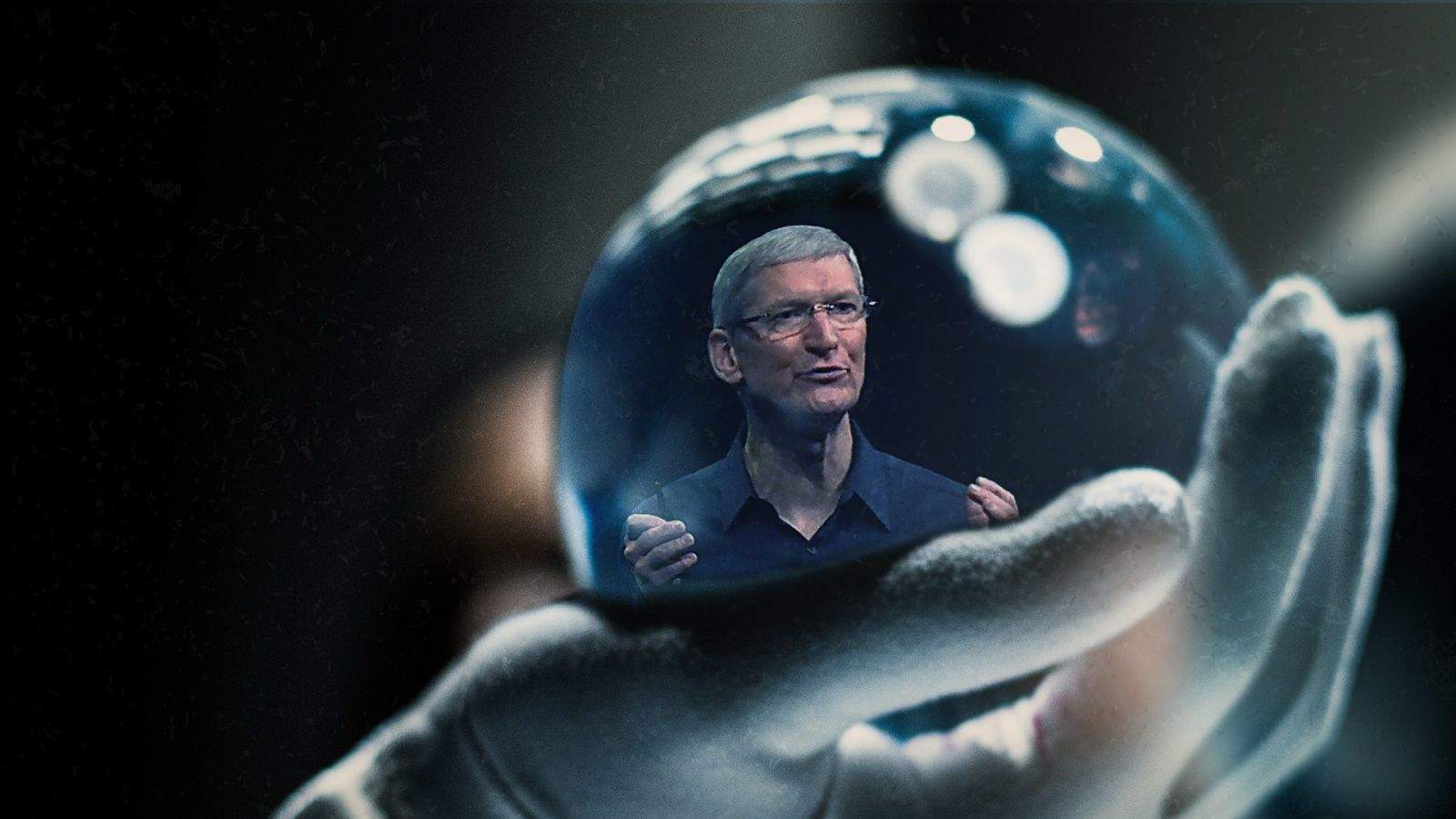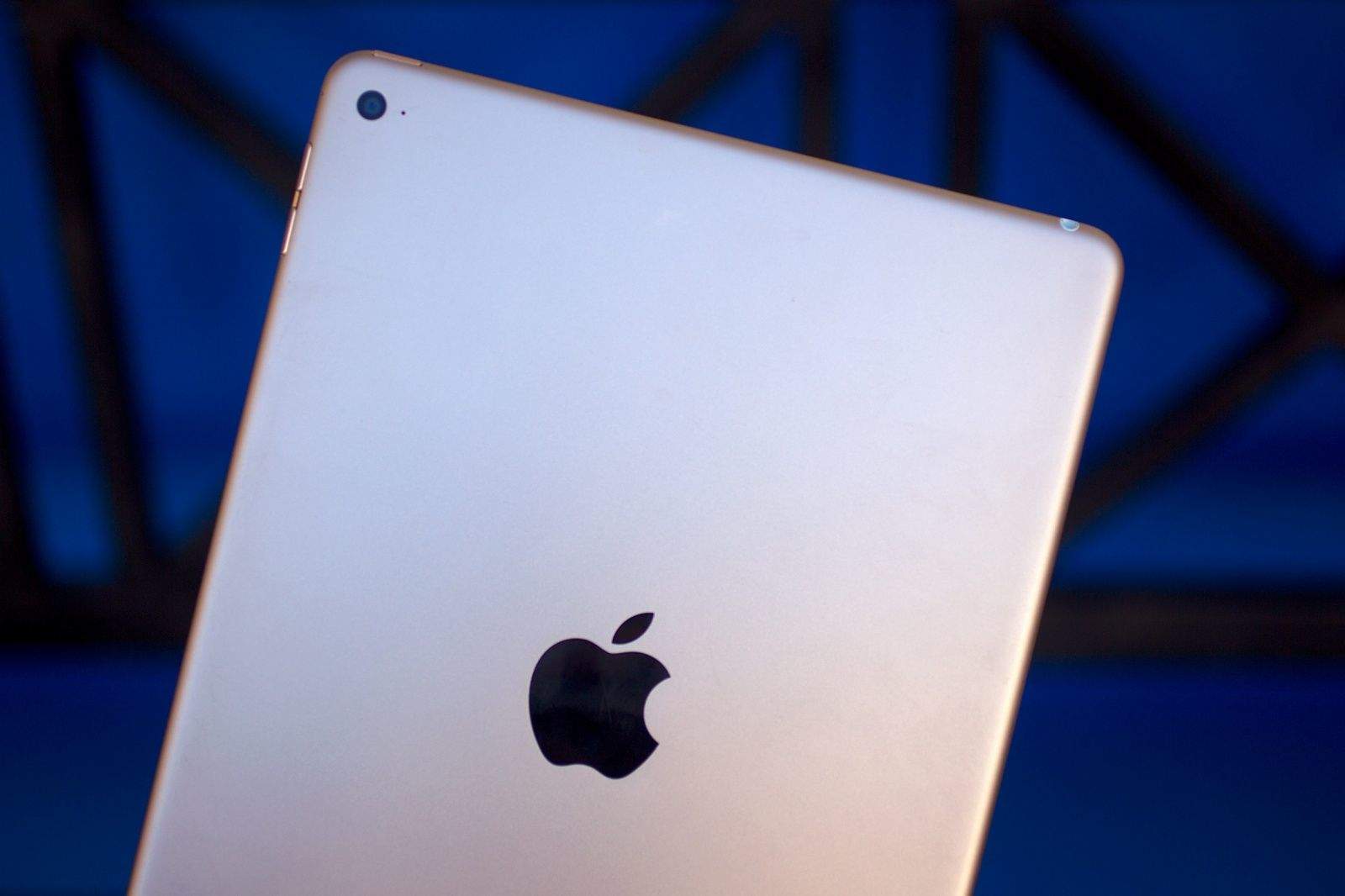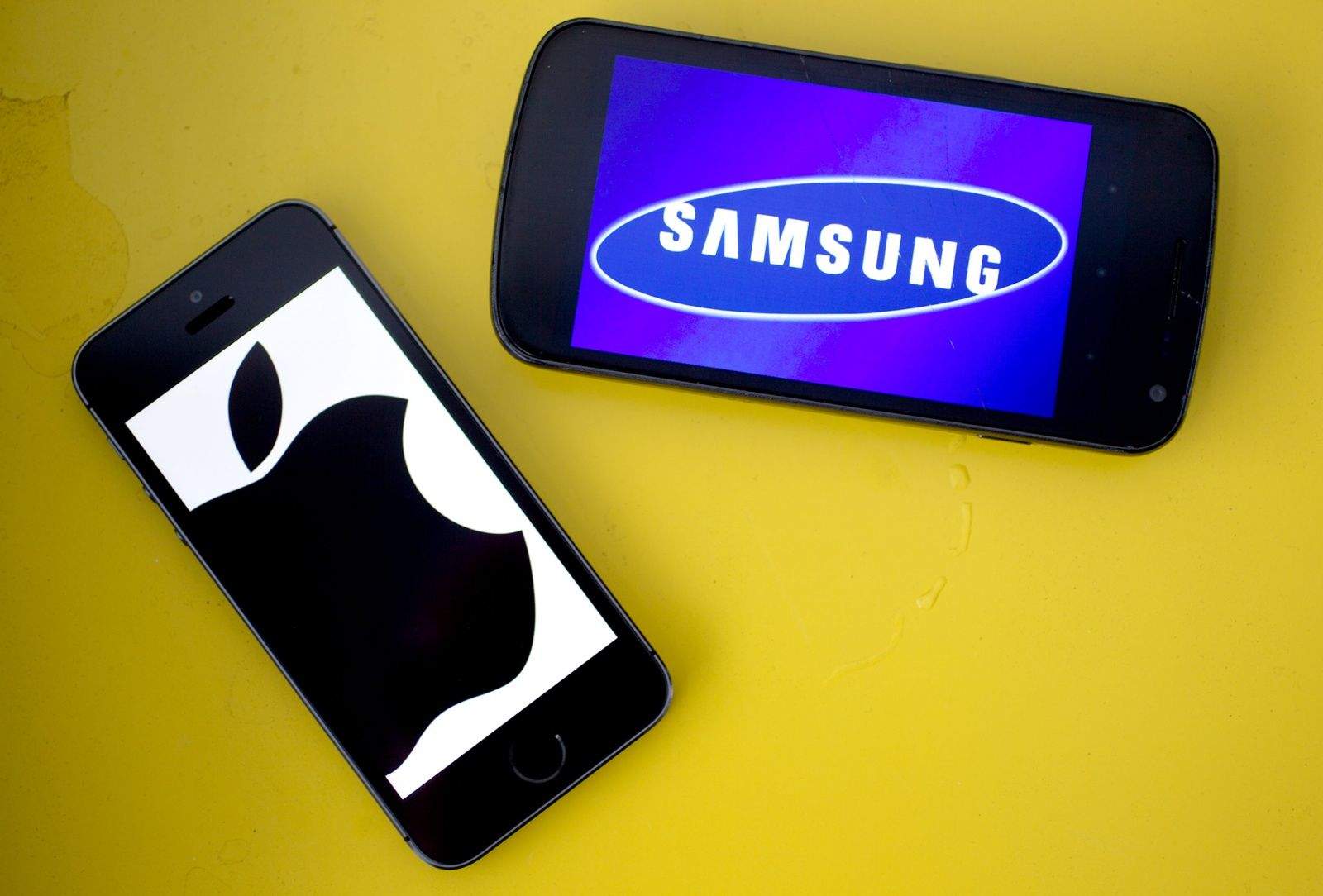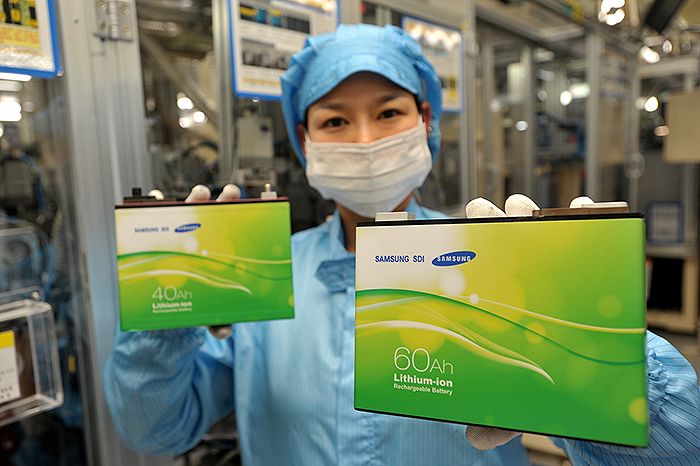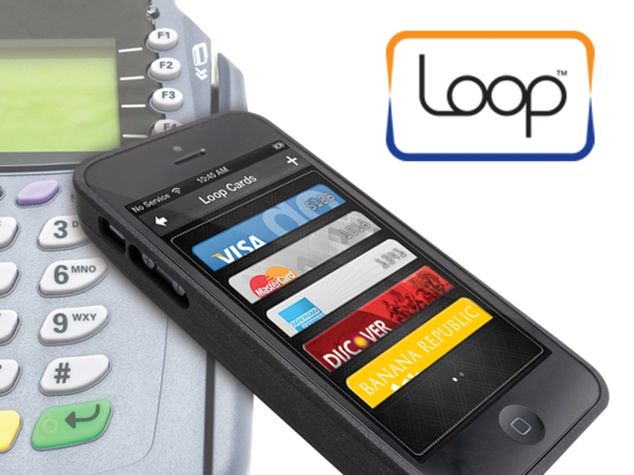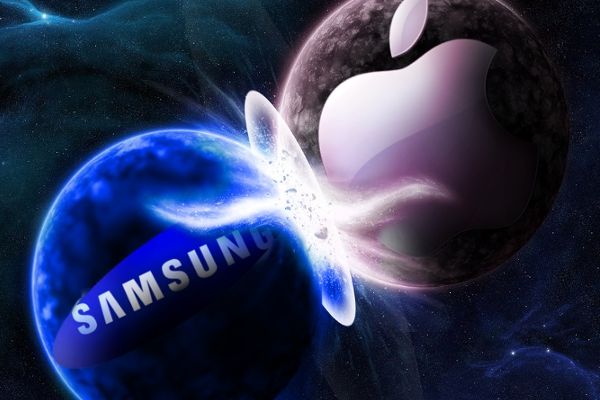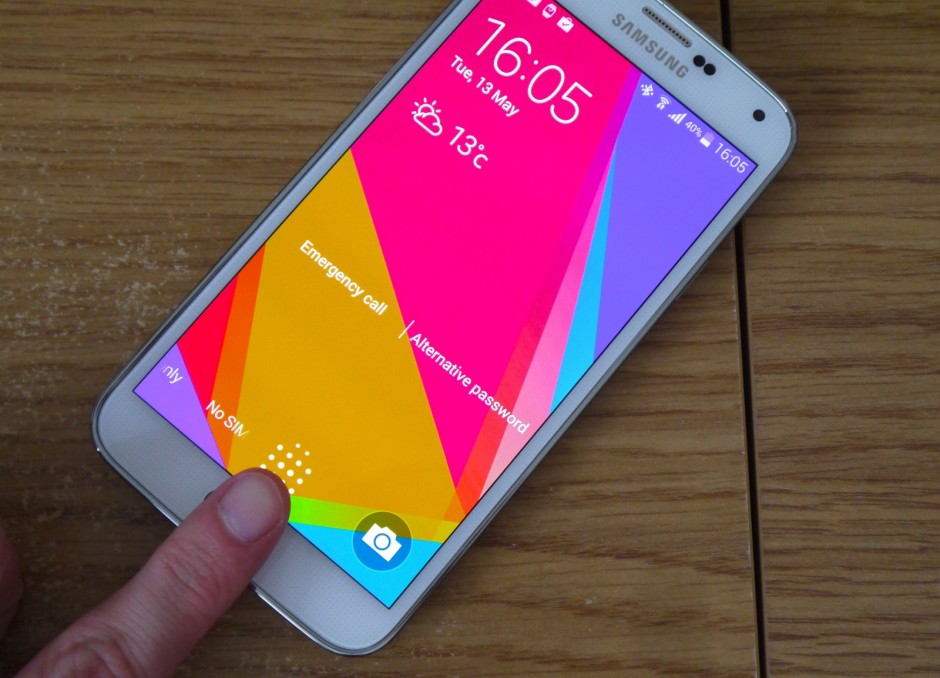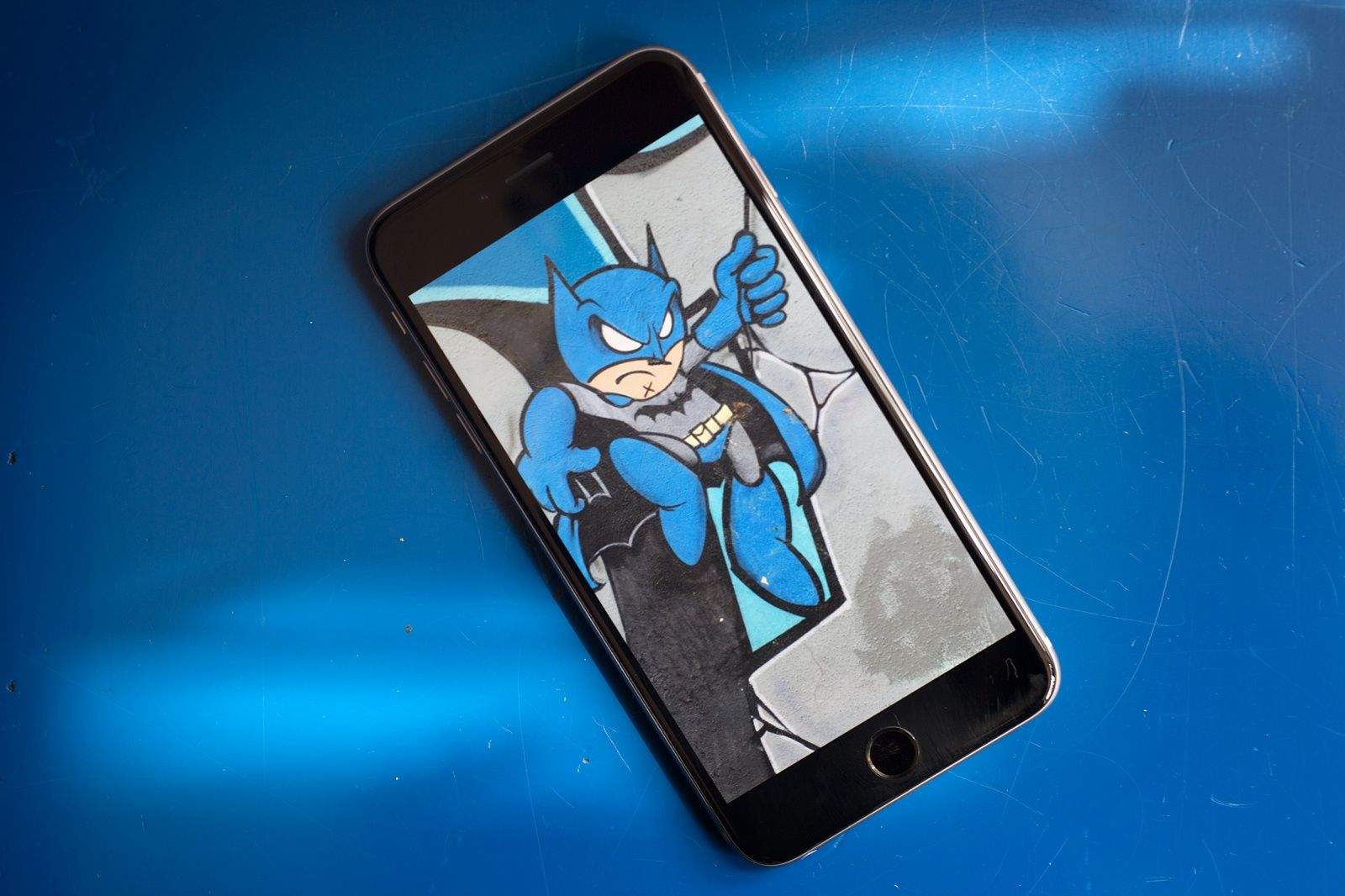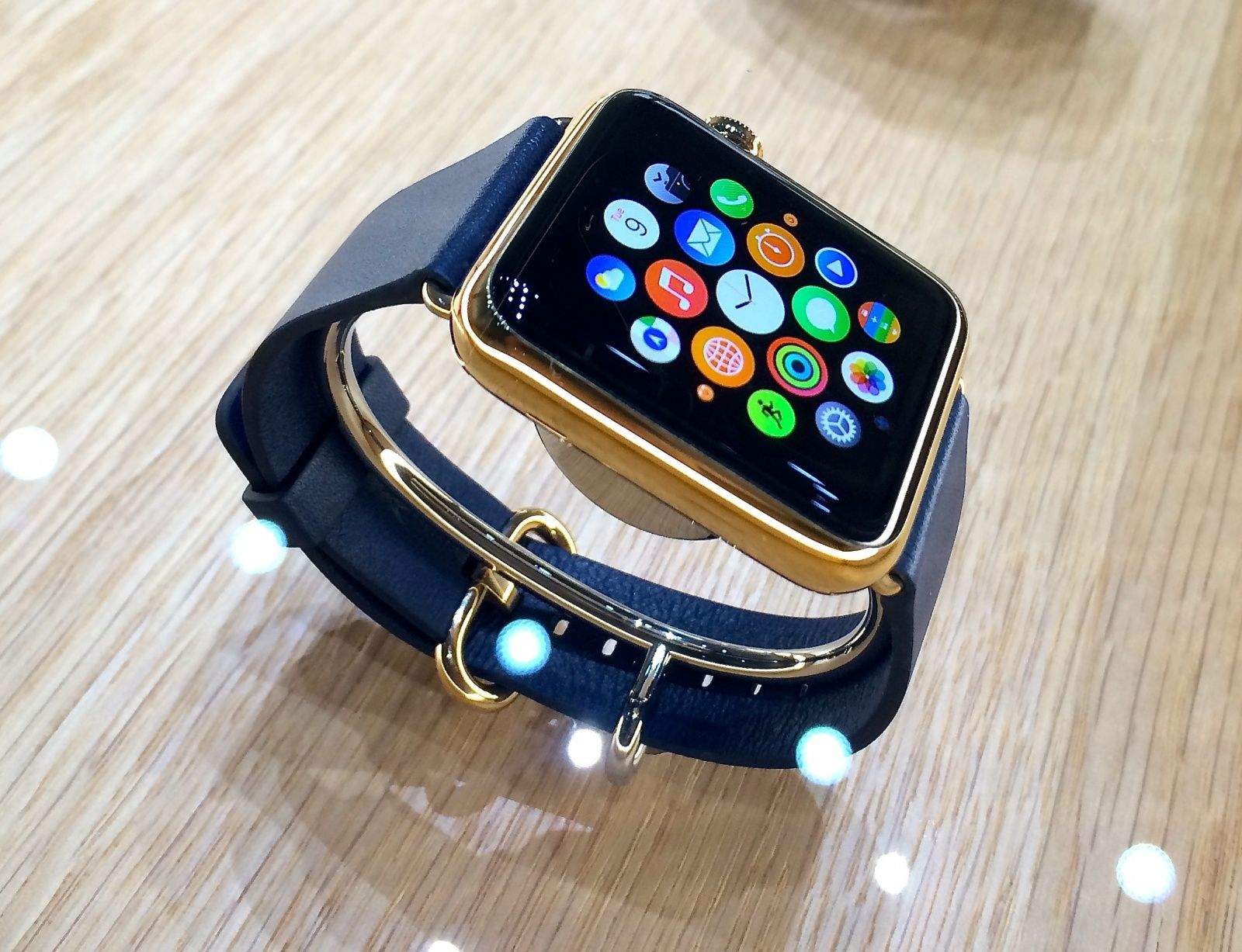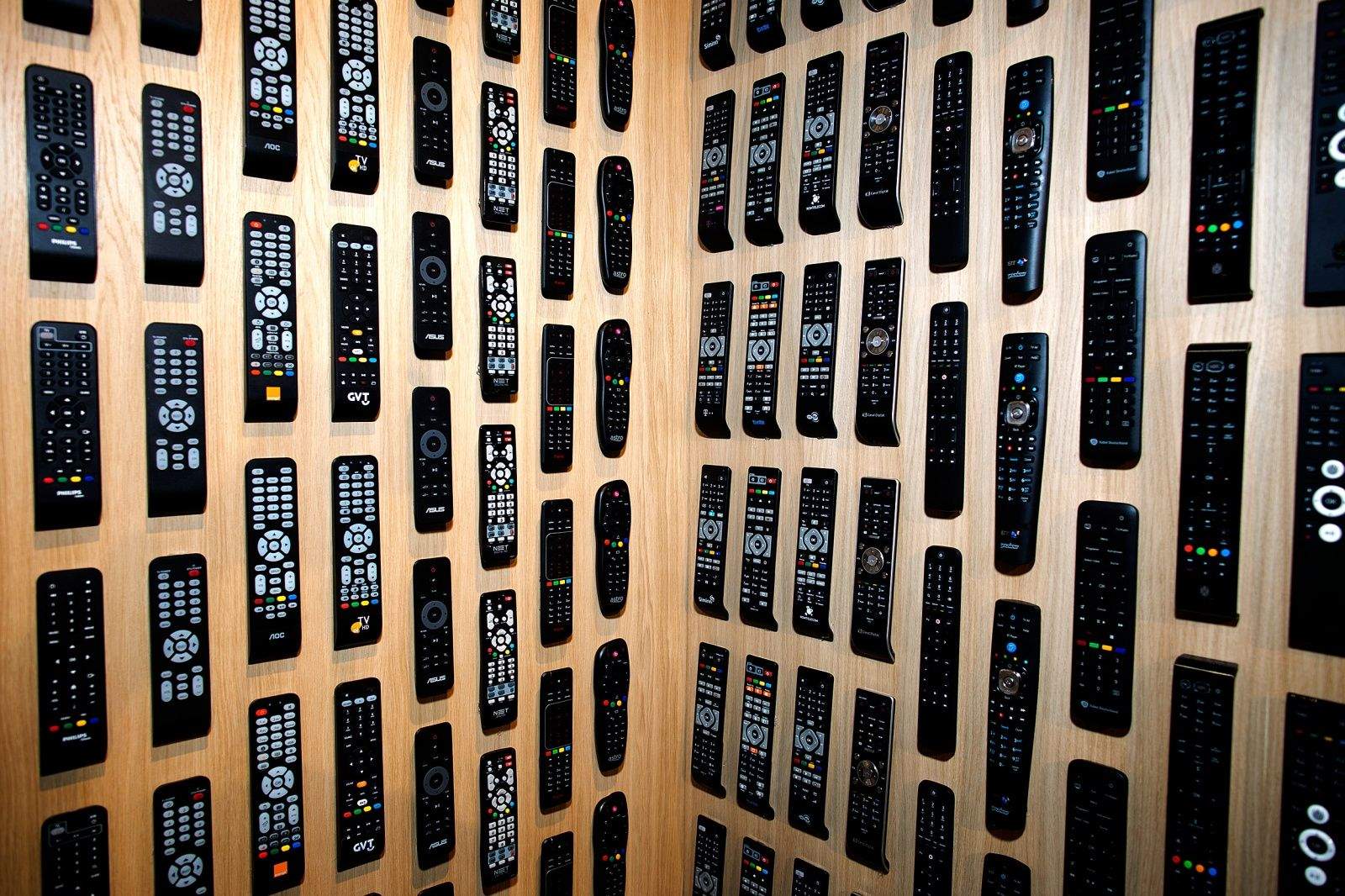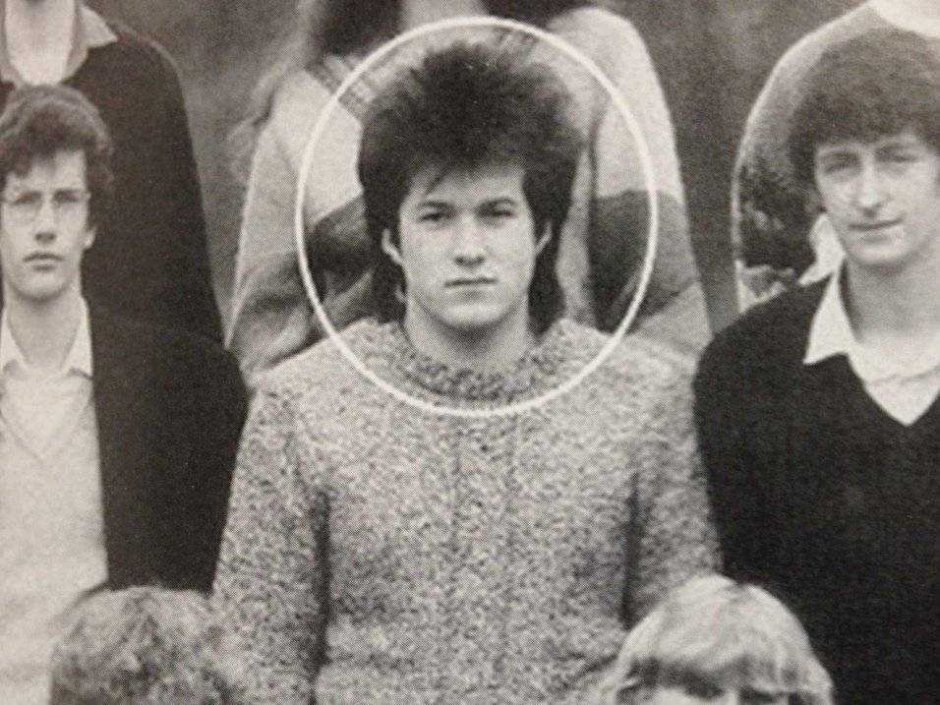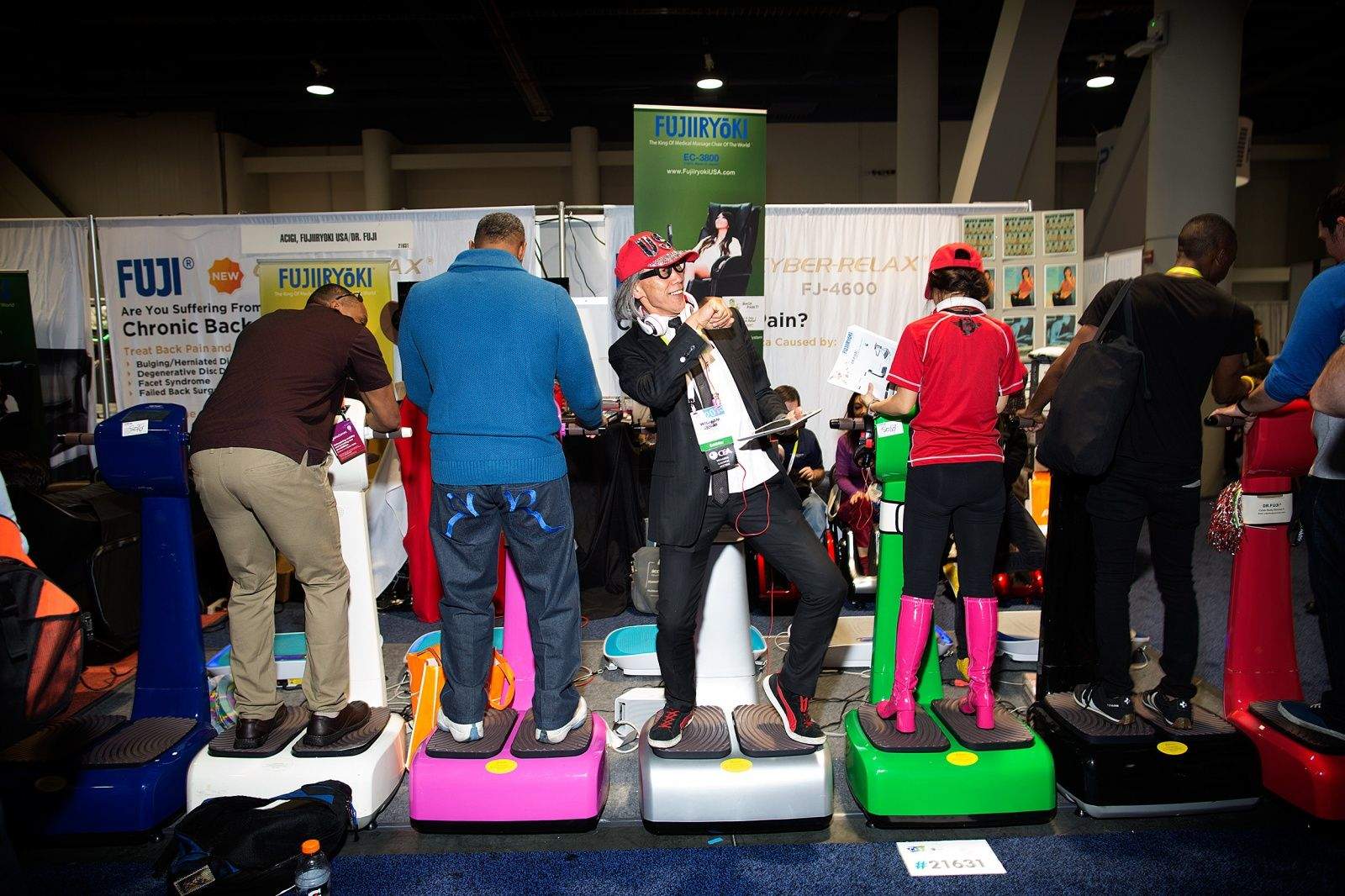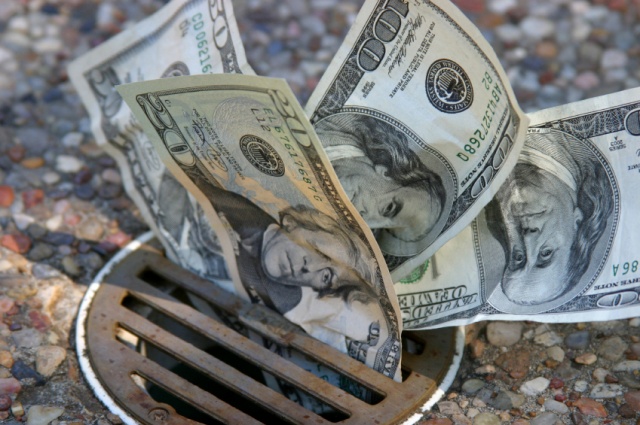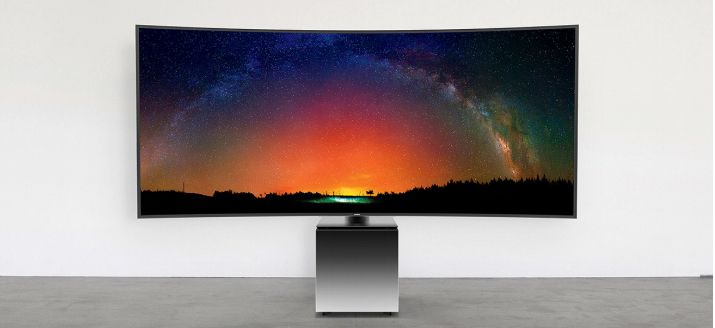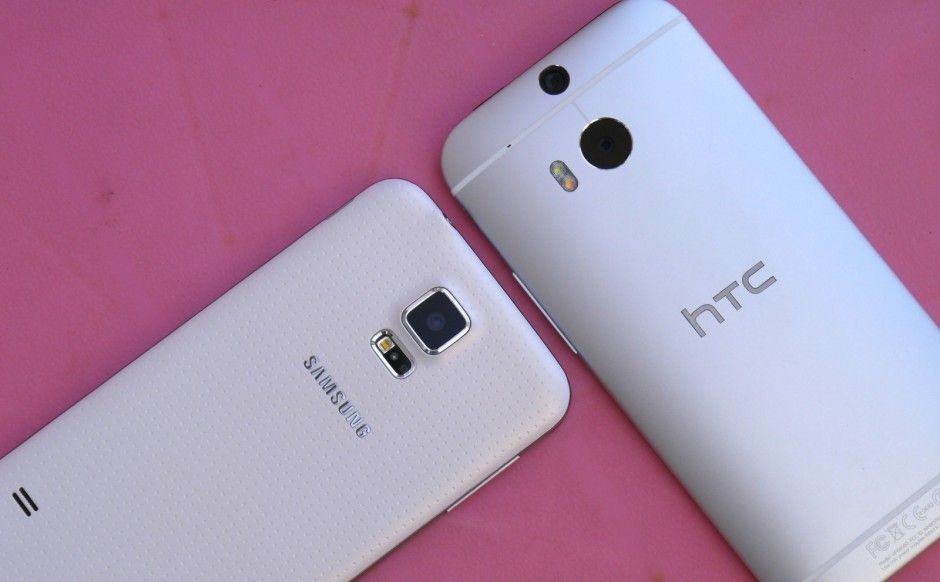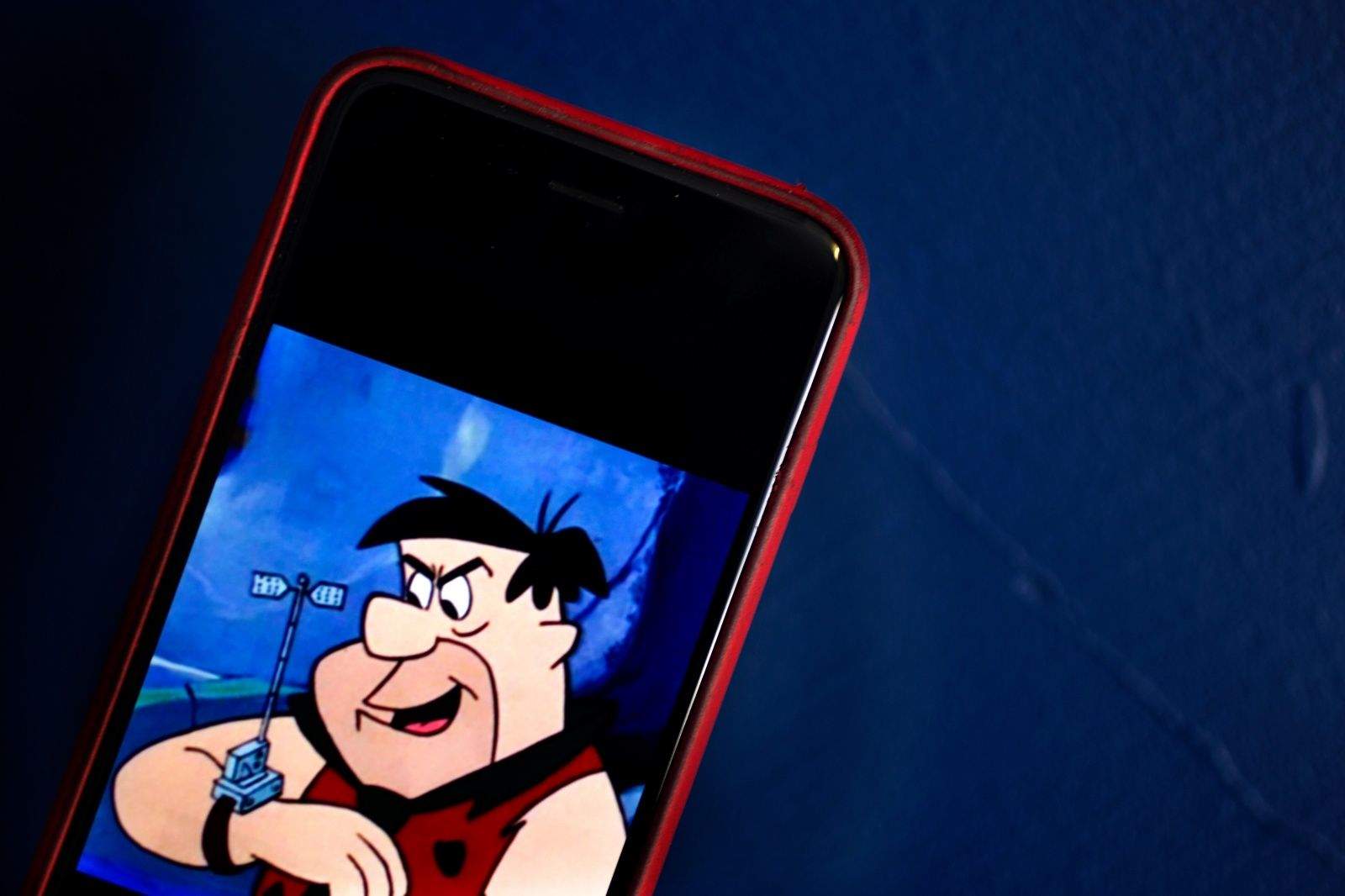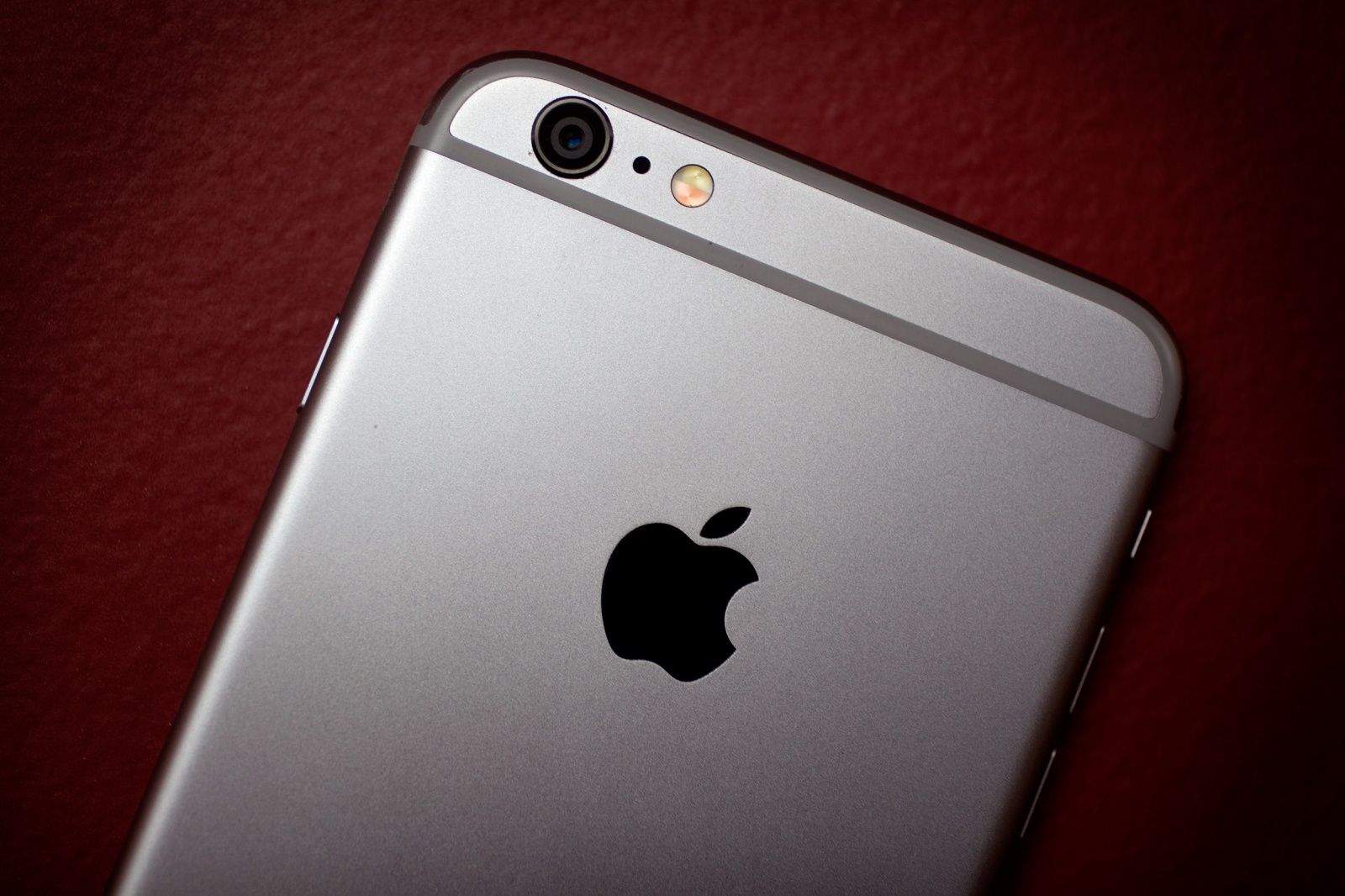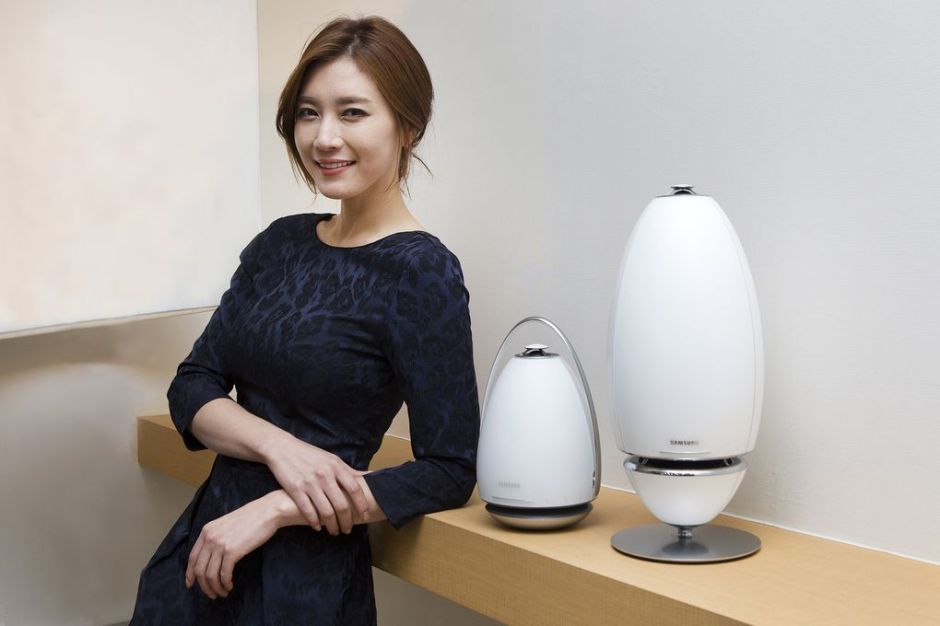We get slammed 24/7 with new Apple rumors. Some are accurate, most are not. To give you a clue about what’s really coming out of Cupertino in the future, we’re busting out our rumor debunker each week to blow up the nonsense.
This week the Apple Watch rumors have reached a crescendo as invites to a not-so-mysterious event in March were released. Will the Apple Watch really launch with 100,000 apps? Will demand for the gold Apple Watch wreak havoc on the world’s gold supply? And don’t forget about the Apple car either. New rumors are claiming Samsung could be the biggest boost or roadblock for project Titan.
Find out the truth behind the week’s wildest Apple rumors below:
